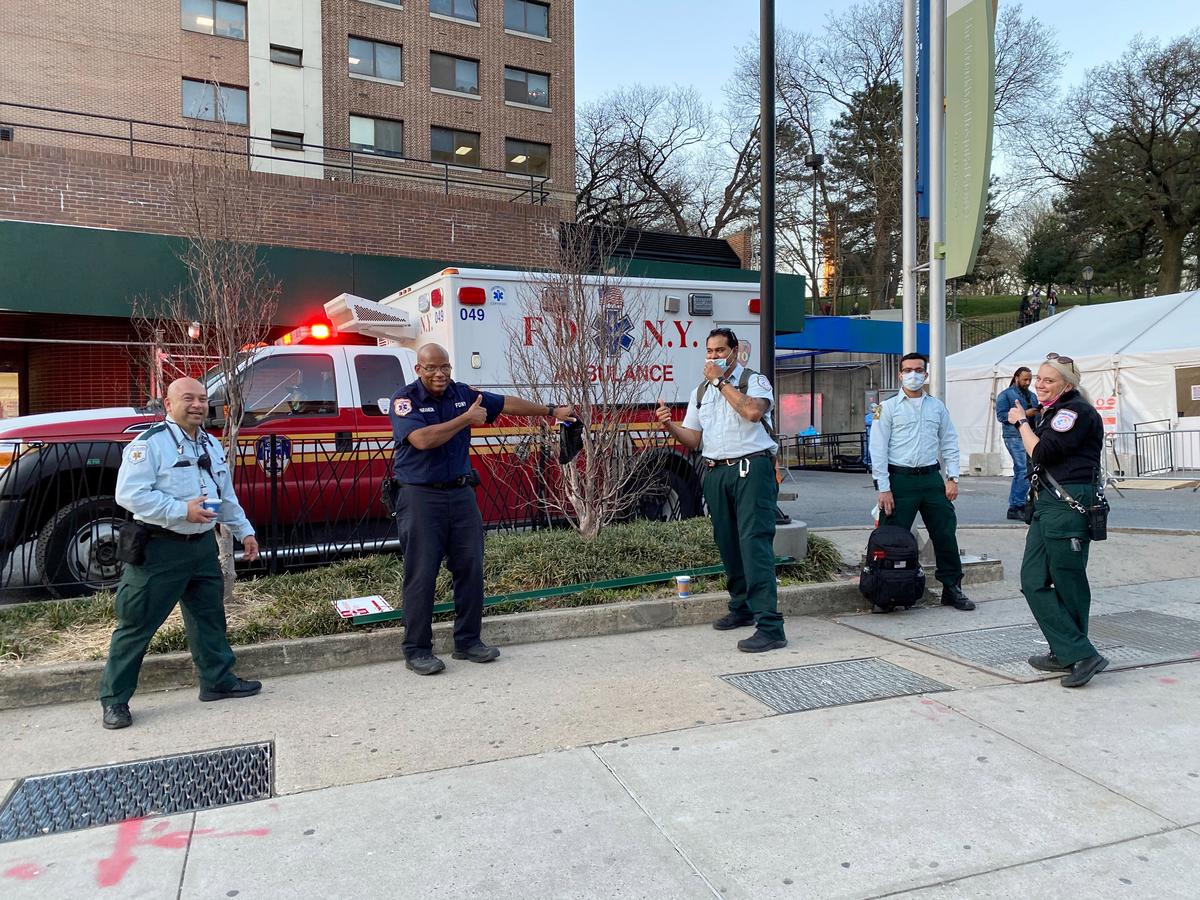There is a lot of misinformation circulating about the coronavirus, so we took to Instagram, Twitter and Reddit to see what questions have been bugging you, our readers.Below are answers from several healthcare experts who have been following the outbreak. Please note that there is much we still don’t know about the new virus, and you should reach out to your own healthcare provider with any personal health concerns.
What are good ways to maintain your mental health?
I would recommend the following:
1. Maintain a normal schedule if possible
2. Exercise (go for walk or run, do an online video)
3. Maintain social connections via FaceTime, Skype or phone calls
4. Limit time spent on the Internet and connected to the news
5. Have “virtual” dates with family and friends.
— Dr. Krutika Kuppalli, infectious disease researcher
Here’s how it’s affecting young minds (here) and how millennials are adjusting to isolation (here) .
How long will the U.S. really have to be on lockdown to successfully flatten the curve?
We’re still learning on a daily basis what the case count looks like in the U.S. We also need to consider that there could be a resurgence of cases once public health measures are loosened up.
— Dr. Krutika Kuppalli, infectious disease researcher
I defer to the epidemiologists here, but National Institute of Allergy and Infectious Diseases Director Anthony Fauci recently said that he’s confident in a range of four to six weeks to 3 months.
— Dr. Angela Rasmussen, virologist at Columbia University
Do I actually need to wear a mask?
The WHO advises that if you’re healthy, you need to wear a mask only when caring for an infected person or if you’re coughing, sneezing or showing symptoms. More (here)
Is it fair to assume every American will be exposed to the coronavirus this year?
No, which is one of the reasons we have these current public health measures in place. We are trying to prevent further onward transmission of the disease.
— Dr. Krutika Kuppalli, infectious disease researcher
Almost 100,000 cases have been reported in the U.S. and its territories, according to a Reuters tally of state and local government sources, mapped (here).
Is the coronavirus airborne in normal settings and if so, for how long?
According to our knowledge, it does not stay in the air in normal settings. Most evidence directs us to droplet transmission. Airborne precautions are required only for healthcare workers when undertaking aerosol producing procedures such as bronchoscopy/intubation.
— Dr. Muge Cevik, infectious diseases researcher at the U

